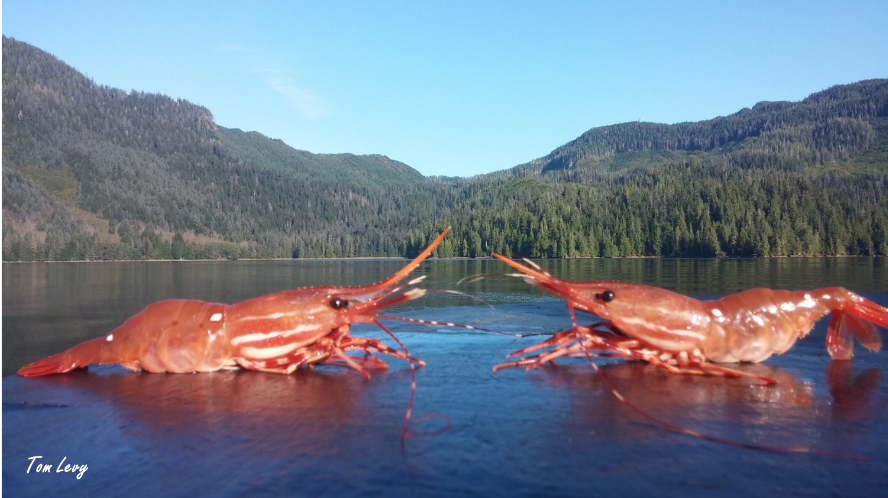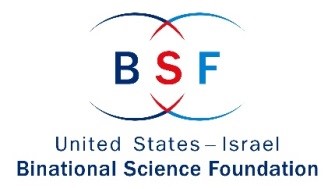
Controlling sexual differentiation
Protandric shrimp as a model
Sexual differentiation and reproduction in the animal kingdom are highly diverse with strategies ranging from gonochorism to hermaphroditism and even parthenogenesis. Decapod crustaceans exhibit all the above phenomena and their sexual differentiation is known to be controlled through endocrine pathways. Specifically, an insulin-like androgenic gland hormonal switch (IAG-switch) induces masculine development in all crustacean species studied to date. To study this universal decapod IAG-switch and its upstream control we use the protandric Northern spot shrimp from Alaska, Pandalus platyceros, as a model. While studying the IAG-switch in gonochoristic species is challenging because sex differentiation ends at an early developmental stage, protandry presents an ideal model for such a study since the sex differentiation process is continuous along the shrimp life-history as each shrimp is born, matures as a male, then going through two transitional stages before transformation and maturing as a female. In this research we collaborate with Prof. Sherry Tamone from the University of Alaska Southeast in Juneau. Using a transcriptomic database from various tissues of the different shrimp reproductive stages, and RNAi based in vivo silencing experiments, we mine and characterize the functionality of genes related to sexual shifts.
Sponsors and collaborators
Related articles
- Levy, T., Tamone, S. L., Manor, R., Aflalo, E. D., Sklarz, M. Y., Chalifa-Caspi, V. and Sagi, A. 2020. The IAG-switch and further transcriptomic insights into sexual differentiation of a protandric shrimp. Frontiers in Marine Science 7: 587454.
- Levy, T., Tamone, S. L., Manor, R., Bower, E. D. and Sagi, A. 2020. The protandric life history of the Northern spot shrimp Pandalus platyceros: molecular insights and implications for fishery management. Scientific Reports 10:1287.

